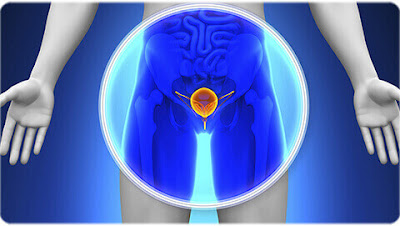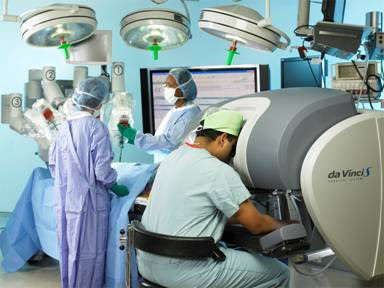Is it Prostate Cancer? Symptoms You Must Not Ignore

Generally, prostate cancer does not show any symptoms in the early stages. Some the issues men face early are related with urination. Since these are similar to those related to aging, most men do not take them seriously. Warning Signs to Watch Out For The Early Signs - Frequent urination - Painful Ejaculation - Blood in the Urine - Blood in Semen - Pain or Stiffness in the Hips - Pain in Lower Back - Pain in Upper Thighs In some cases, one may not experience any of the above listed symptoms and still have prostate cancer. According to experts, prostate cancer is similar to other cancers. It is a silent disease that shows no symptoms at all in its early stages. The only sign they observe is change in urination. Many men start noticing increased frequency. They experience an increases need to visit the bathroom. Some may experience slowing of stream. It is also common to have disturbed sleep due to the frequent trips to bathroom. Men may feel the urge to empty thei


